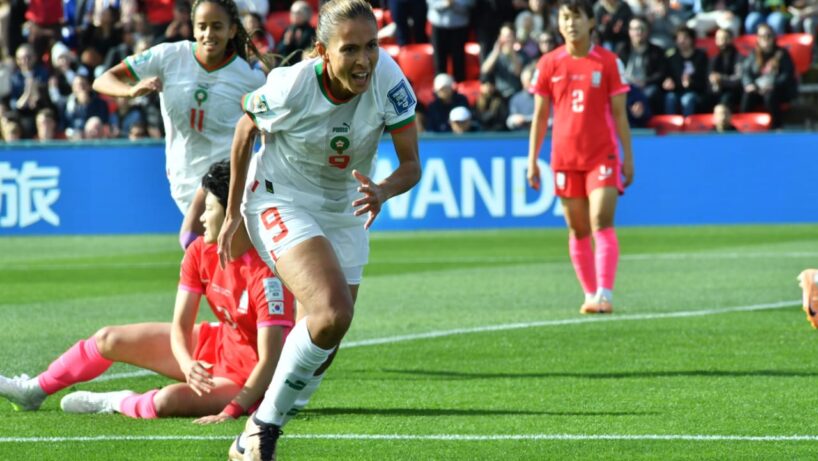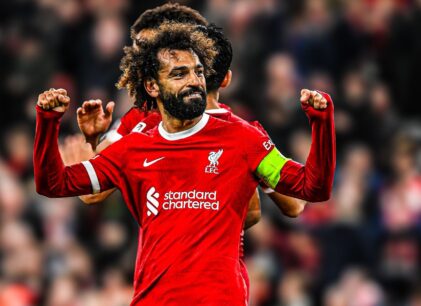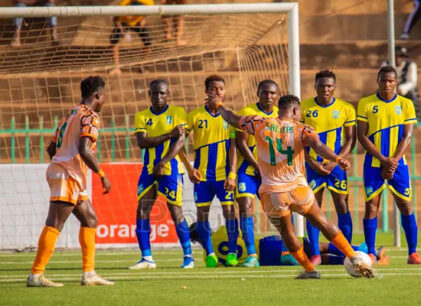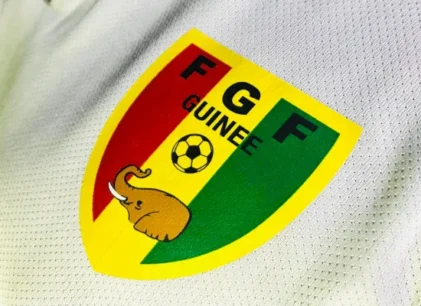Morocco face a real-life test this Tuesday August 8 against France in the Women’s World Cup Round of 8. The Atlas Lionesses, swept aside by Germany at the start, showed incredible mental strength to qualify for the second round, even eliminating the two-time world champions. They may not be favourites to face Les Bleues, but they still have what it takes to pull off another coup. Ilyas Kaadoud, analyst and technical consultant, gives his assessment of this duel, which is full of symbols for both teams and features several binational players.
SNA: After a difficult start to the Women’s World Cup, Morocco sprang a surprise by qualifying for the second round. What were the keys to this unexpected turnaround?
I.K: I don’t think the qualification itself should have come as a surprise, given the quality of the Moroccan players and the work they’ve put in since the start of the project. However, the scenario of this qualification initially seemed impossible, given the difficult composition of the group and after a heavy defeat against the Germans. However, in my opinion, mental strength was a decisive factor. For, despite the many challenges and changes in results, our players remained calm, committed to their game and were able to handle all kinds of pressure, whether tactical, mental (due to their first participation in the World Cup) or result-related.
Added to this was the courage of the coach, who maintained the same strategy while adapting the composition of the team, making changes to certain elements and modifying the position of others.
Finally, the third and most important key was the confidence of the whole group, each in themselves and in each other.The players all firmly believed they could give their all. The Moroccans played well in every match, even the one they lost to Germany.
In which areas do you think the team is most impressive?
Our national team distinguished itself impressively in a number of areas. But what stands out most is the discipline and tactical commitment of the players and the coach.Whatever the opponent, the situation or the result, this discipline is present.It’s becoming more and more part of the DNA of Moroccan soccer.The players also have a number of technical and athletic qualities and, above all, a versatility that brings a lot to the table.However, in my opinion, the most impressive aspect is the socio-psychic aspect: the team acts like a real family, collaborating on and off the pitch. They are mentally resilient in the face of all kinds of situations, and grow through challenges…
What kind of match can we expect against France in the Round of 8?
The match can be viewed from two distinct perspectives. There’s the framework of matches of this nature in the final phase. Qualification is decided on the pitch, which can be an added pressure or, if handled well, an opportunity to be seized. There is also the specific prospect of facing the French team, who have qualified at the top of a group that includes Brazil and Jamaica, and who are currently in fine form. But every coach knows the details of his opponents’ soccer. Hervé Renard, former coach of the Atlas Lions, and Reynald Pedros, a coach who has achieved great things in French women’s soccer.
All in all, this situation suggests that the duel will be intense and competitive, with high stakes for both teams.What’s certain is that preparation and pressure management will play a crucial role in the outcome and qualification for the next round.
In what areas must Morocco improve if they are to eliminate Les Bleues?
Although we’ve managed to qualify, there are still a few points to improve before the match.In transitional play, Morocco need to be quicker and more efficient. We need to move quickly from defense to attack as soon as we recover.A rapid transition will enable us to exploit any weaknesses in the French defense and create scoring opportunities. In addition, the Atlas Lionesses will need to manage set-pieces well. These are key moments for scoring or conceding goals.In these situations, Morocco must be efficient and take advantage of them.
By working on these aspects of the game, Morocco can strengthen their attacking potential and increase their chances of success against the French team.
At this stage of the competition, what is the key element when facing a team like France, generally considered superior?
Against such an opponent, tactical discipline and physical stamina are essential.
In terms of defensive discipline, Morocco will need to be rigorous against a team like France, which boasts fast, technically gifted forwards. The players will have to maintain their position and avoid being thrown off balance, while avoiding dangerous fouls close to the penalty area. It’s vital to maintain their organization when not in possession of the ball, and to ensure that defensive lines remain well structured.The discipline of their 4-4-2 formation will make it harder for France’s technically excellent forwards to find space.
Physical stamina will also play a vital role, as playing against a team like France can be exhausting.Morocco need to be in top physical condition to compete throughout the match, and not drop in intensity as the game progresses.
To do this, managing emotional charge is a key factor. We need to be more realistic about our performance against the Germans.Each team needs to be assessed on the basis of its real skills.Although Les Bleues put in a remarkable performance, our team also possesses qualities that enable us to compete with teams of all levels.
By focusing on these aspects, Morocco can strengthen its chances of success against the French team and give itself a better opportunity to win.Between this qualification for the Round of 8 and the final of the Women’s CAN, what do you think is the greatest achievement of Moroccan women’s soccer?
In top-level soccer, every achievement counts. This is all the more true in the case of a qualification for the Round of 16, which requires going through the final of the Women’s African Cup of Nations due to the qualification procedures.
However, if we compare these two feats, qualification for the last 16 of the Women’s World Cup (so far, as we can still do better) has a more significant impact on Moroccan soccer, and in particular Moroccan women’s soccer.It’s the perfect opportunity to assess the work we’ve done so far, by measuring ourselves against top-level teams and comparing ourselves with them.
The importance and grandeur of this feat are on a different scale, given that it was achieved a long way from home and the warm support of the stands in Moroccan stadiums.





